AQUACYCLE meets up with Mohamed Bahri, a farmer who tills the land in North Lebanon
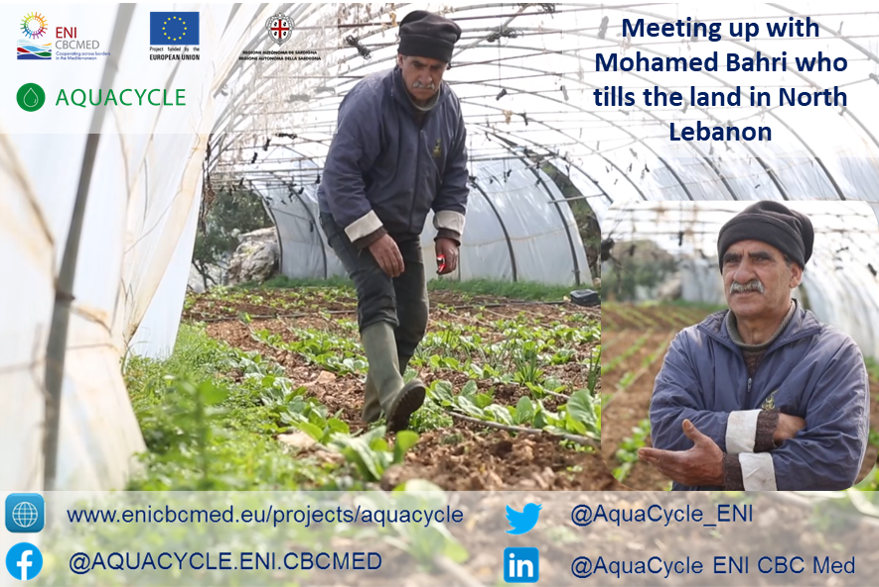
Tawfik al-Naboulsi (pictured on left) and Khoder Kahil (pictured on right) from the Lebanese University (UL) team in the AQUACYCLE Partnership met up with Mohamed Bahri (centre), a farmer who tills the land in North Lebanon.
To begin with, Tawfik and Khoder wished to find out more about farmers’ dependence on fresh water resources in North Lebanon, and how this dependence may have been affected by the impact of climate change. In Mohamed’s view:
We benefit from the water of springs and wells. But what is currently happening with the wells, there is desertification.We used to have strong water abundance. For example, it used to snow seven times a year, and now it snows only once. Our 15-inch channel springs are now 3 inch or even less.We are in a large agricultural area and we need to have water (all year round).
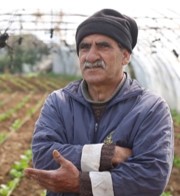
Tawfik and Khoder also took with them AQUACYCLE’s promotional leaflet, to explain about the project’s low-cost eco-innovative wastewater system (APOC) so as to invite the farmer’s opinion about using treated domestic wastewater to satisfy his water requirements and thereby sustain his livelihood as a farmer. In Mohamed’s view:
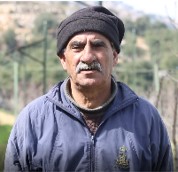
For the reuse of treated sewage and wastewater, if there is a reliable source, an entity that secures the issue (of safe reuse in agriculture) in a correct and scientific way, and a method that does not have either an environmental impact or any other impact.
I speak as a farmer, this is my culture, and I do not know how to further elaborate the issue, the details are up to those concerned. Wastewater instead of being wasted, can bring benefits in several ways, first it can be used for irrigation, and we can have organic fertilizer and also, we can avoid the pollution of the environment and many other things. This topic serves the community, I think, it’s a necessary service, necessary for the community now and in the future.
Mohamed Bahri is 60 years of age and has been working in agriculture since he was about 18 to 20 years. The area of his reclaimed land is 25 dunums, and he also has the same area or a little more, but it needs to be reclaimed so that he can invest and cultivate it. His crops are all kinds of fruit trees: apple, pear, cherry, kiwi, peach, and apricot. He also grows avocado and citrus for his household needs. In this approach, he is planting all kinds of vegetables which he is able to grow. To this effect, he invested in about 7 greenhouses or more in a year, and is now able to grow also lettuce in winter time. At the time of interview, Mohamed managed to have about 3 dunums of greenhouses planted with lettuce. A dunum is a unit of land area enclosing about 1000 square metres.
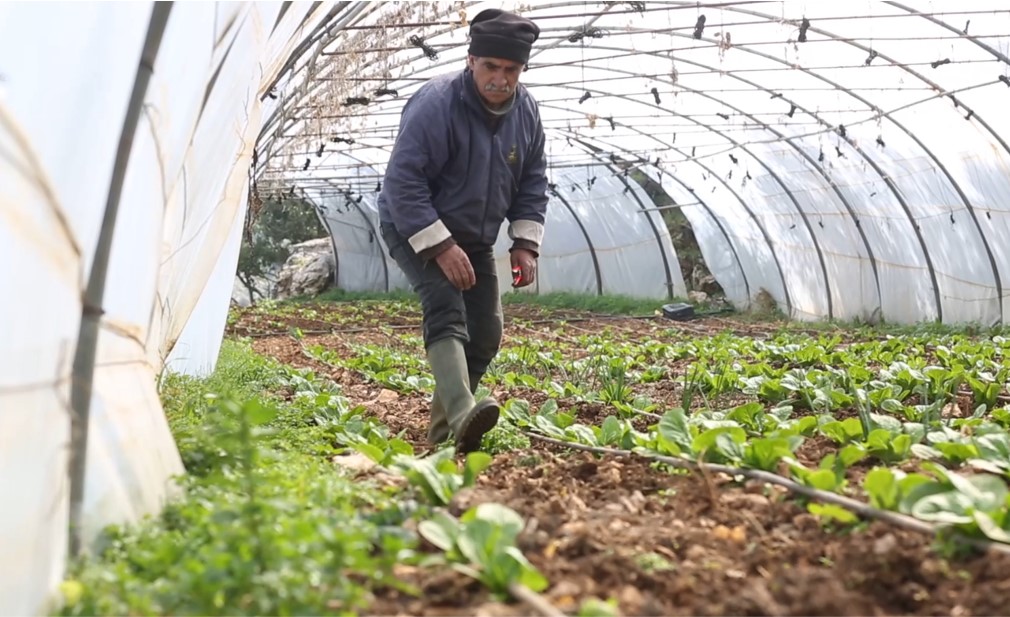
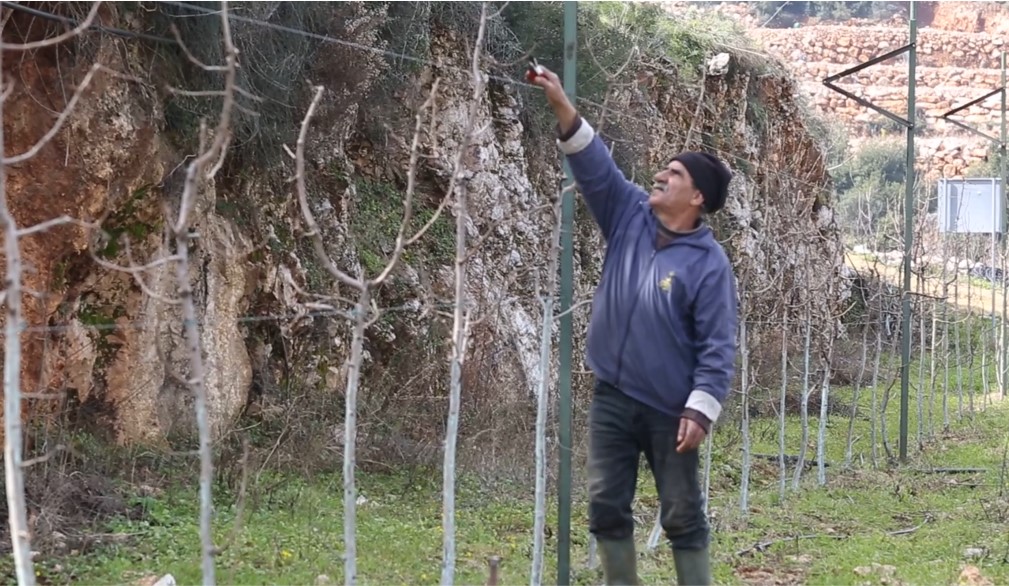
The link to video recording of this interview which took place on 19 February 2022, can be accessed through this link.









